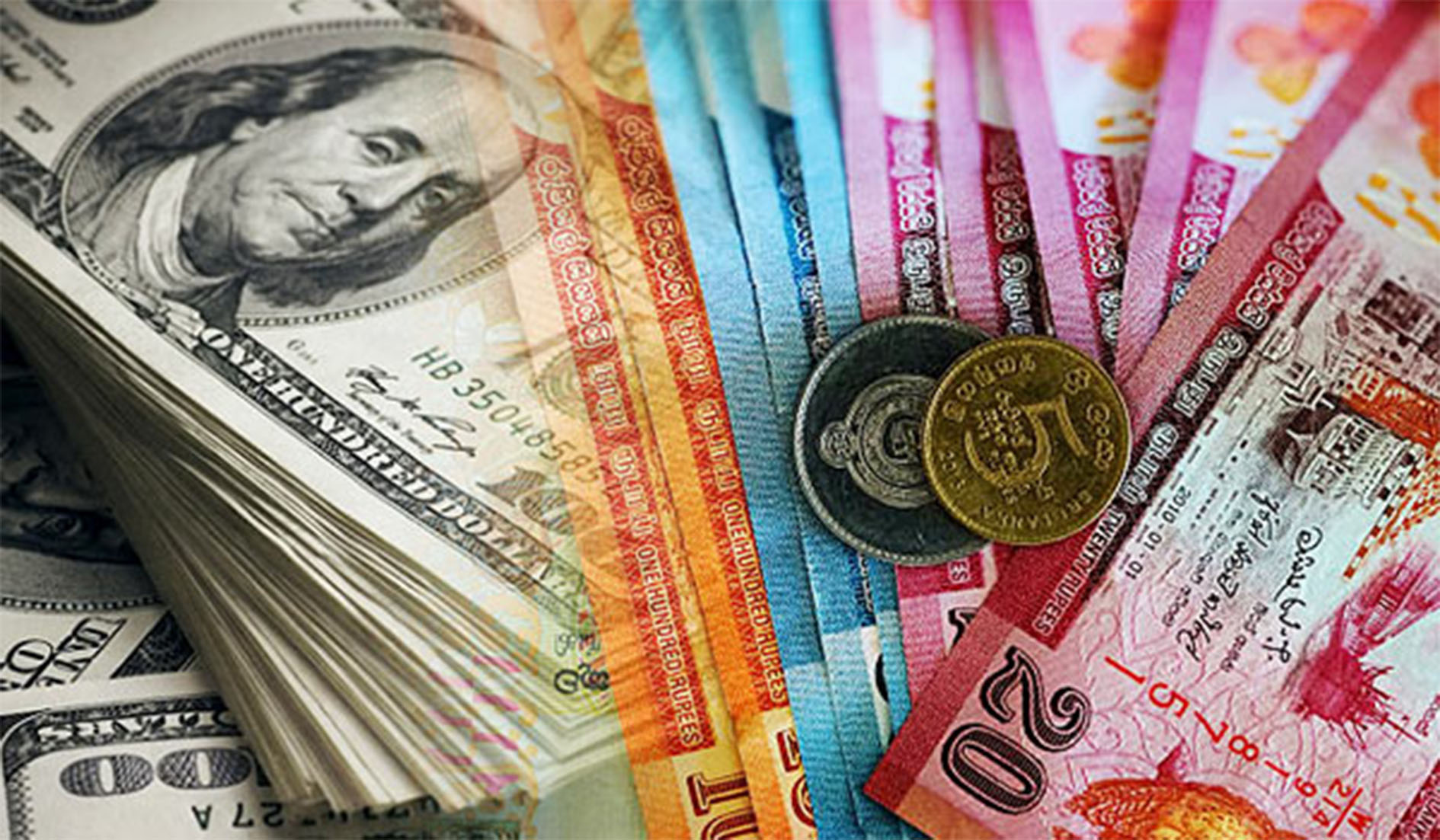
Carry cash - the currency is the Sri Lankan Rupee
The Resplendent Isle, also known by a flotilla of aliases, is home to stunning beaches, tea plantations, and historic cities. Explore a thick jungle, shrines, temples, an elephant orphanage, and a lagoon full of singing fish. You may also go scuba diving. The island that was once known as Ceylon, located about 20 miles off the coast of India, is home to eight World Heritage sites and 21 million inhabitants. In May 2009, the bloody and protracted civil war in the nation came to an end, bringing stability, peace, and a boost to tourism.
When you get to Sri Lanka, stock up on rupees; don’t change more than you need. It is difficult to exchange Sri Lankan rupees outside of the country. There are ATMs all around the nation; if at all possible, use Bank of Ceylon ATMs as they don’t charge fees. In larger hotels, restaurants, and tourist-oriented shops, card machines are standard.
Sri Lankan Rupee

The Sri Lankan rupee is the country’s official currency (LKR). Bank notes come in denominations of 5000, 2000, 1000, 500, 200, 100, 50, 20, and 10 rupees, and coins come in denominations of 1, 2, 5, and 10 rupees.
Since rupees aren’t a major currency and you’re unlikely to get a decent rate outside of Sri Lanka, buying them before your trip isn’t advised. There are plenty of places to exchange money, so the next best options to bring with you are Australian dollars (AUD), US dollars (USD), or euros (EUR).
Carrying Cash in Sri Lanka

It is not possible to purchase Sri Lankan rupees outside of the nation. Once you’re here, your only option is to exchange. You have three options for exchanging money: banks, exchange bureaus, and licensed local money changers. A viable alternative would be to take out cash from Sri Lankan ATMs.
It is not feasible to get Sri Lankan rupees outside of Sri Lanka; instead, you will need to visit an ATM or exchange US or UK dollars when you arrive in order to obtain cash. Most major western cards are accepted by ATMs, which are widely available in larger towns and cities. However, if you are travelling to a more distant location, please make sure you have enough cash with you. Remember that the majority of ATMs charge 3% or more for cash withdrawals.
Note that importing money from India and Pakistan is illegal, and you cannot import or export more than Rs 5,000 in cash, so be sure to exchange your leftover cash again before leaving the country. Try to build up a stash of lower-denomination notes wherever possible (for example, withdraw LKR5900 rather than LKR6000). You’ll need small bills to pay for tuk-tuks, buy things from local shops and markets, and tip. Carrying some cash in dollars, euros, or pounds sterling is also useful; all are widely accepted in tourist areas
Exchanging Currency in Sri Lanka
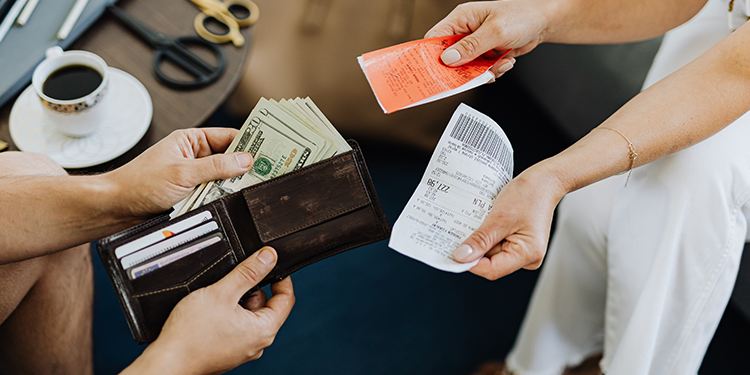
If you are visiting Sri Lanka, you will need to exchange currency locally. The easiest and first thing you should do is exchange your money at the airport. At Bandaranaike International Airport, where most international flights land, money exchange desks and banks are open 24/7.Although a little pricey, exchanging money at the airport is recommended. obtaining enough money in Sri Lanka (LKR) to cover your expenses on the first day in particular.
Exchange bureaus are yet another good choice. Simple to reach in well-known tourist locations. Major currencies, including dollars, euros, and pounds, are typically accepted. Their exchange rates can rival those of banks, and they are primarily commission-free. Money exchange services are often provided by well-known hotels in tourist locations. Even if it is convenient, the prices are typically higher or there is an extra charge. Unauthorized money exchangers are another typical sight on city streets. Though their exchange rates are tempting, they’re best avoided. There’s a good chance they’ll scam you, unless they’re authorized money changers.
Card Payment and ATM Withdrawals

Sri Lankan street markets, small businesses, local restaurants, and non-touristy cities lack ATMs and card payment capabilities. Therefore, we suggest making sure you always carry a sufficient amount of cash. The two most widely accepted credit cards are Visa and Mastercard. Even though Amex offers travel advantages, it isn’t widely known. Therefore, you can buy cards like Monzo and Starling that allow free roaming in other countries if you’re traveling from the UK. Many places in tourist areas list prices in US dollars. Nevertheless, only make sure that the local currency is used for the transaction. Card transactions in a foreign currency are illegal in Sri Lanka, and the exchange rates are highly unfavourable.
In Sri Lanka, ATMs are widely available, yet it could be challenging to locate one if you live in a distant village. Use helpful online resources such as the Visa ATM locator or the Amex ATM locator to find the nearest ATM. ATM prices are also more competitive than those of banks and exchange bureaus if you request to be charged in local currency. You can make withdrawals of up to LKR 60,000, which should last you four to five days.
Reliable Banks

The most well-known and trusted banks you ought to search for are:

Commercial Bank
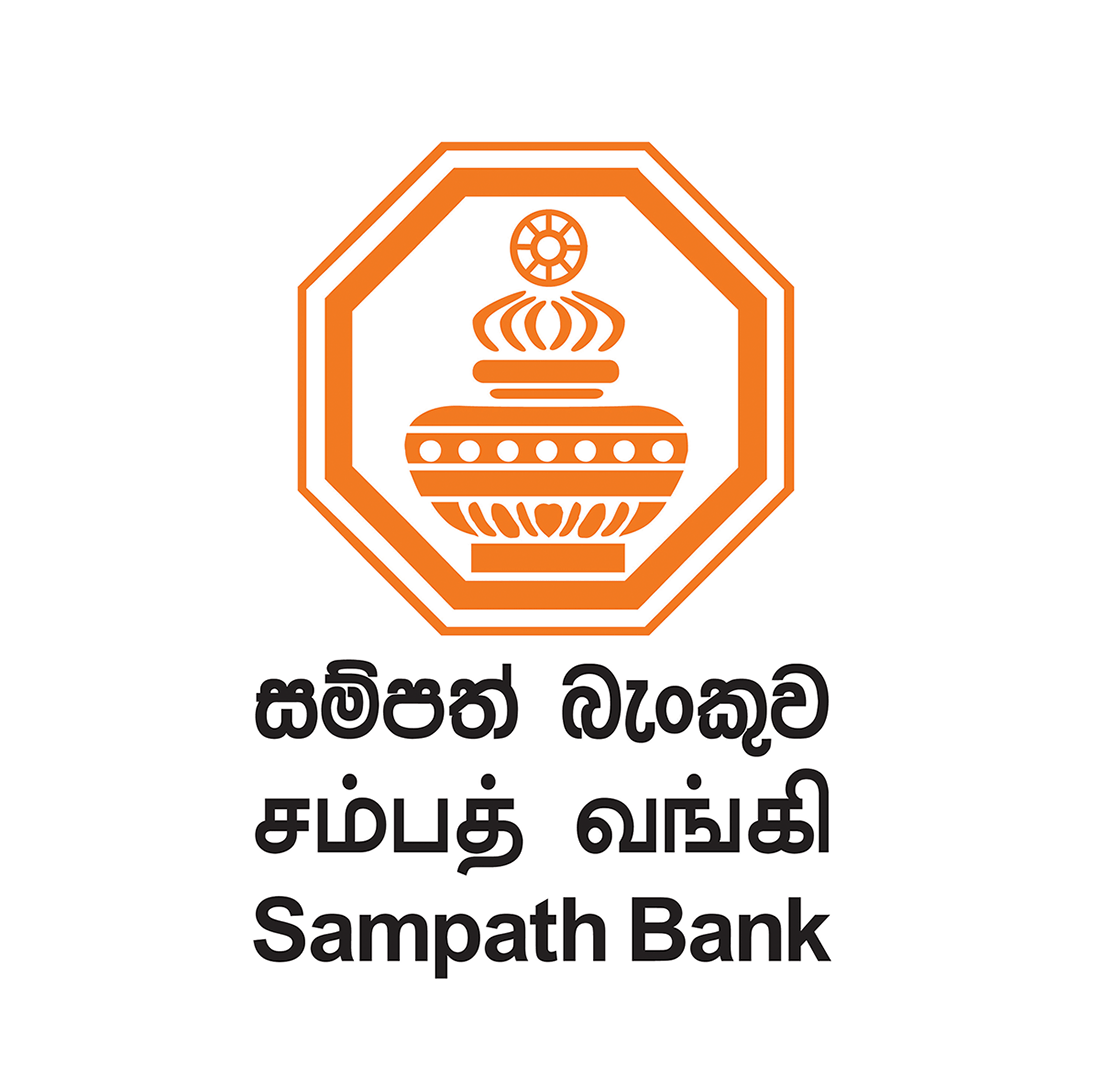
Sampath Bank
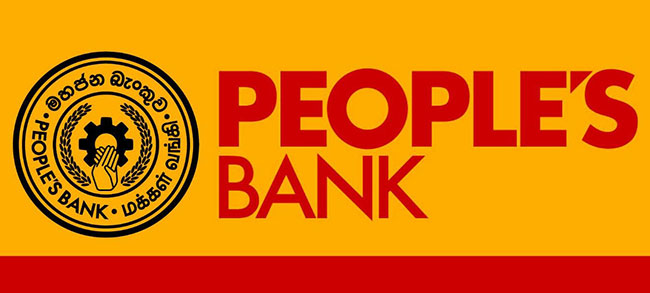
People's Bank
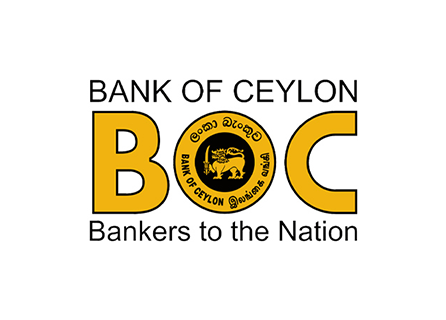
Bank Of Ceylon
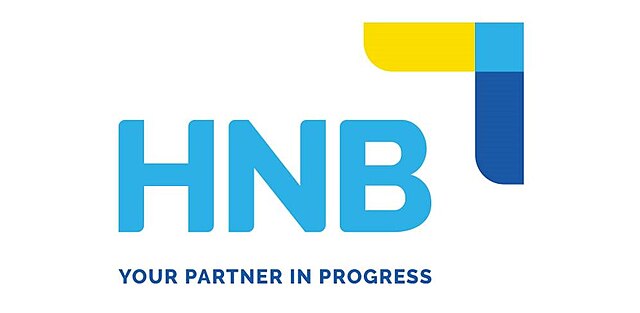
Hatton National Bank

Seylan Bank

HSBC Bank

NDB Bank

DFCC Bank
International banks often partner with local banks in Sri Lanka. Verify whether your bank is one of those. If it is, you might be eligible for free or discounted usage of the partner bank’s ATMs. Well-known foreign banks like ICICI Bank, HSBC Bank, Habib Bank, and Standard Chartered have relationships in Sri Lanka.
Overall, the procedure for exchanging money in Sri Lanka is not as difficult as it seems to be. With its increasing popularity as a travel destination, there are a number of options available to help visitors manage their money. The majority of locations have access to ATMs and exchange bureaus, and carrying cash isn’t as risky as it once was. Because different notes of different denominations are colored differently, it is simple to distinguish Sri Lankan cash. It is significantly more practical to carry local money and make the required withdrawals ahead of time rather than relying on credit cards or unexpected withdrawals.
FAQ
Persons departing from or arriving in Sri Lanka
Persons departing from or arriving in Sri Lanka may carry any amount of foreign currency in the form of currency notes, bank drafts, checks, travel cards, etc. However, a person shall make a declaration to Sri Lanka Customs.
If that amount exceeds USD 15,000 or its equivalent in any other foreign currency, If he or she arriving in Sri Lanka intends to take back foreign currency notes exceeding USD 10,000 or their equivalent in any other foreign currency.
Persons in Sri Lanka
Persons in or resident in Sri Lanka may take out of or bring into Sri Lanka, respectively, Sri Lankan currency up to the value of Sri Lankan rupees 20,000.
Visitors to Sri Lanka bringing in excess of US$ 10,000 should declare the amount to the Customs. All unspent monies, which were converted from foreign currencies declared on arrival, can be re-converted to the original currency. You are required to produce encashment receipts or payment bills.
More than $15,000 USD or the equivalent in other currencies. If you plan to return US$5,000 or more, kindly disclose all funds in Sri Lankan rupees, not to exceed US$20,000, exclusively for residents of Sri Lanka.
A good X-ray scanner will always detect money. Airport scanners are capable of picking up even tiny pieces of metal and paper. Things that don’t appear like usual will always be the focus of the scanners. In this instance, it will be easier to find the currency if it is bundled.
- Carry as little currency as possible.
- Carry cash in a money belt that sits on your waist (under your clothes) or a money pouch that hangs around your neck.
- Keep cash concealed and close to your body at all times.
- Avoid using fanny-packs or bags that clip to your back, they are easy to access from behind.
- Do not place the cash all in one area.
- Never carry cash in a wallet in your back pocket.
- Carry purses and bags across the front of your body, not on your shoulder.
- Some people choose to sew pockets inside of their clothing.
- Never leave bags or purses unattended.
- If Travelers Checks are purchased, leave a copy with a friend or relative so the numbers can be obtained for reporting purposes if they are lost or stolen.
- Never leave cash in hotel rooms or dormitory rooms, unless it is locked in a safe.

0 Comment